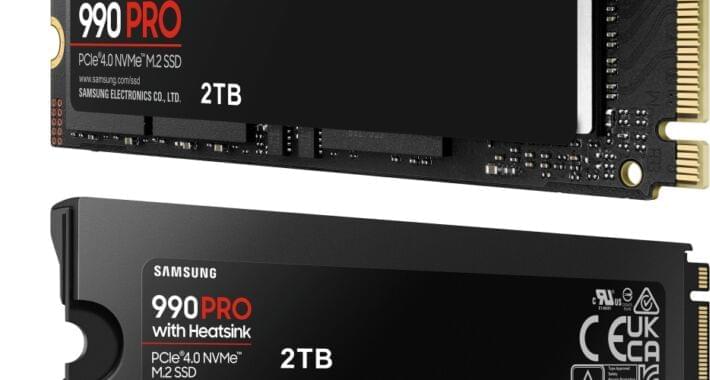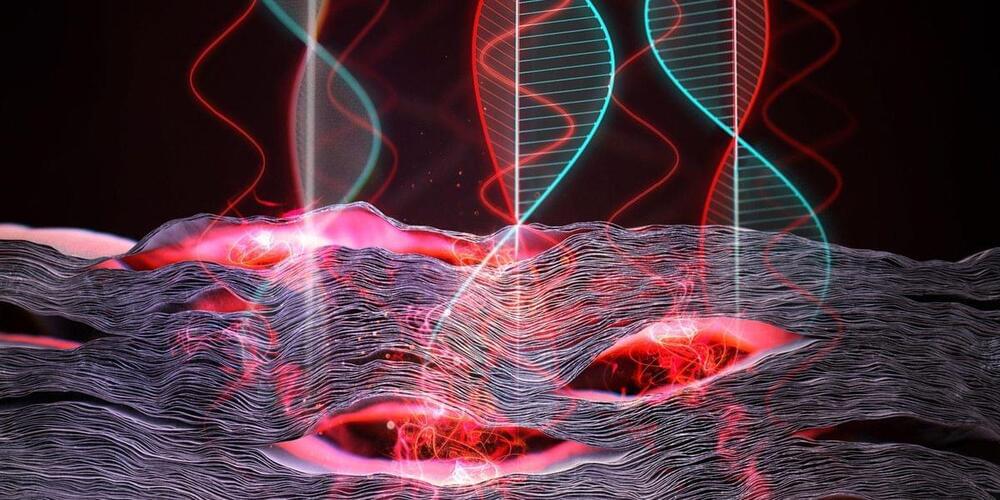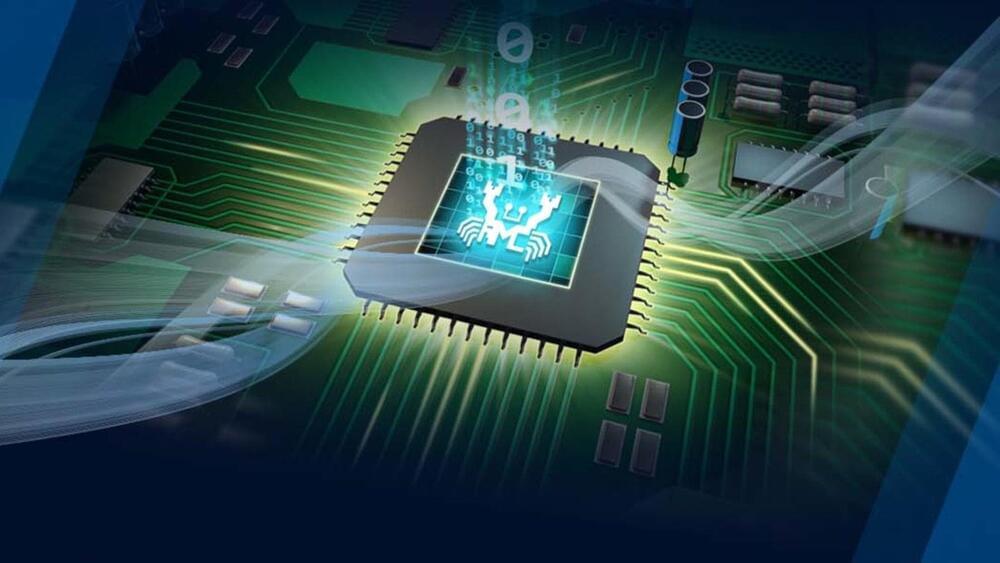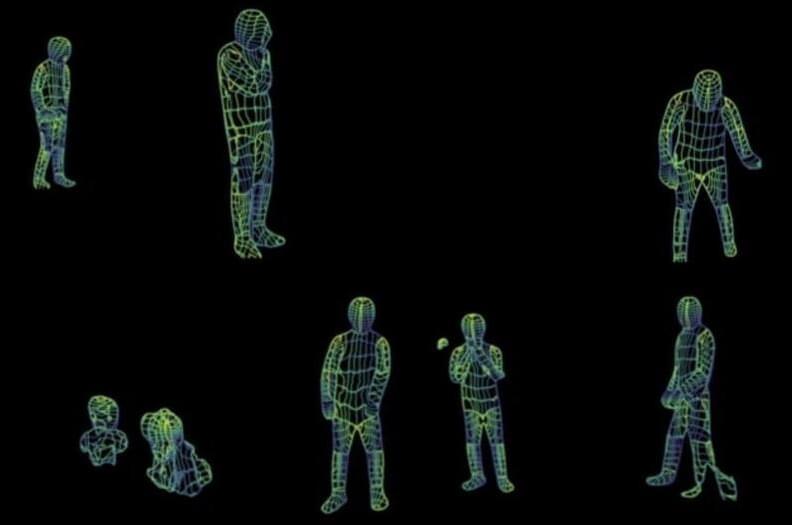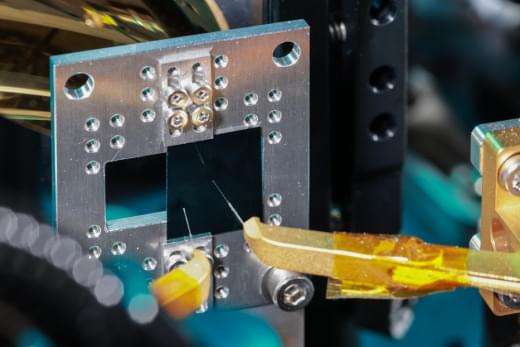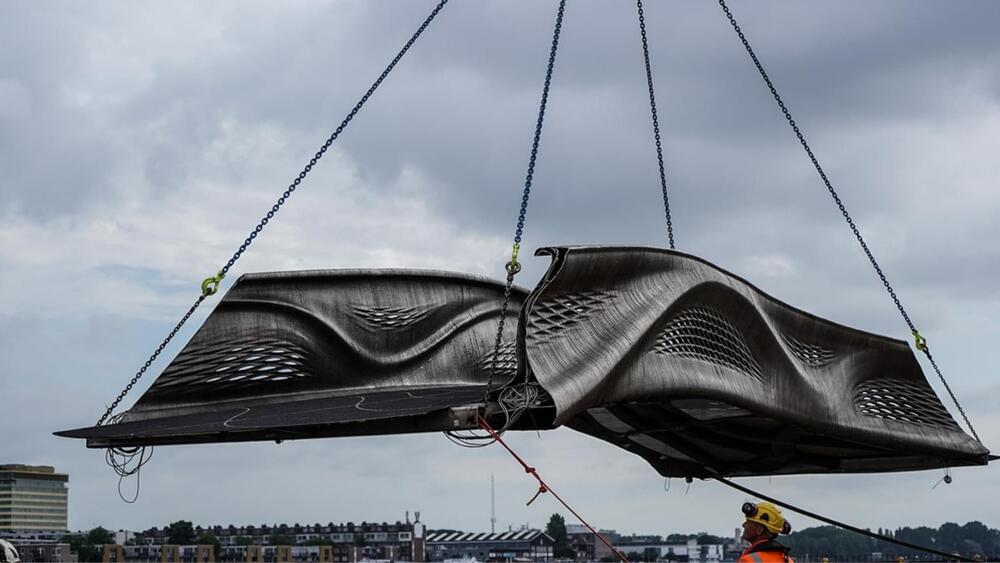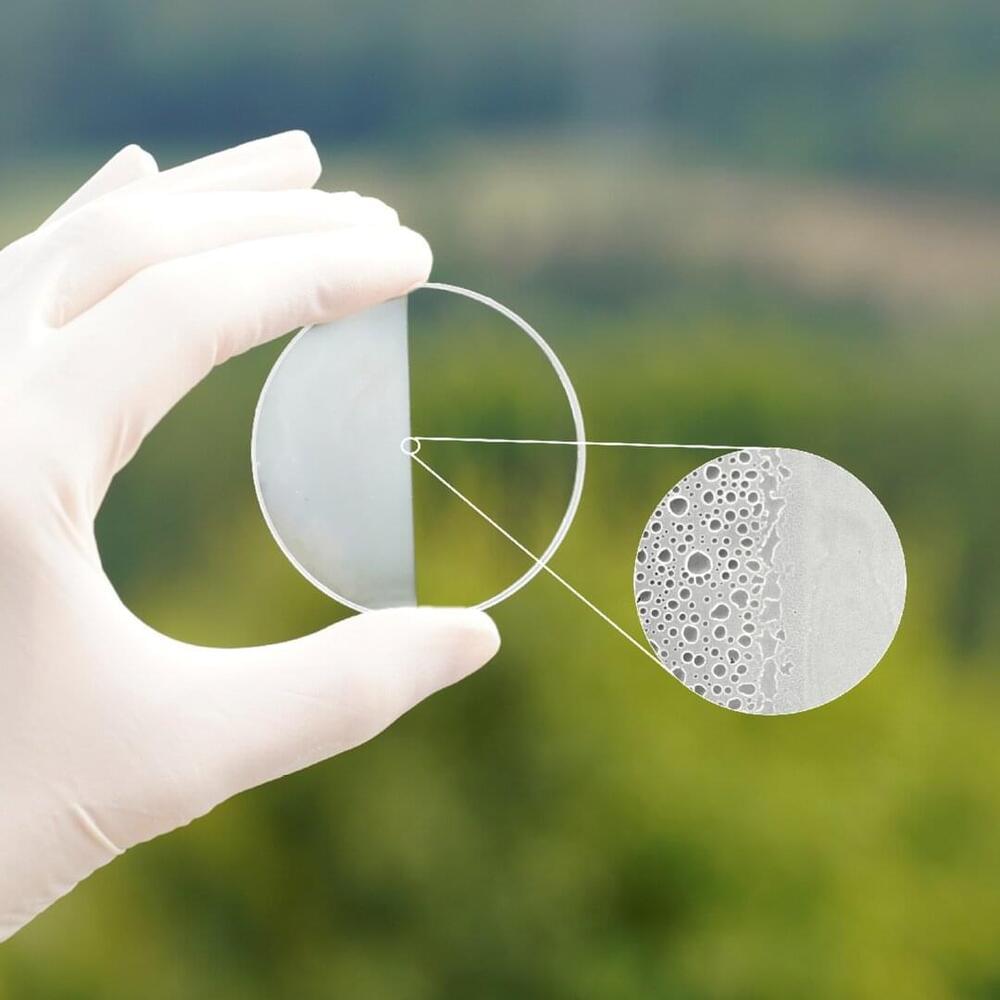Feb 4, 2023
Samsung Pro SSD reliability questioned as longtime partner shifts to Sabrent
Posted by Genevieve Klien in categories: computing, electronics
Samsung has earned a strong reputation among PC enthusiasts when it comes to solid-state storage. Its Pro series of SSDs are often among reviewers’ top recommendations for users seeking high-speed storage for large work files, apps, and boot drives. Over the past year, though, reliability concerns around Samsung’s 980 Pro and most recent 990 Pro have marred this reputation. It has become so notable that custom PC-maker Puget Systems, a top proponent of Samsung SSDs since the SATA days, has pulled 1TB and 2TB Samsung drives from its lineup.
For Puget, problems with Samsung SSDs, which the 22-year-old boutique PC shop sells in its custom-built systems, started with the 980 Pro that came out in September 2020. On January 31, Puget wrote a blog noting it received a surprising number of reports of failing Samsung drives, specifically with the 2TB version of the 980 Pro.
The most common failure mode that we have found is that the drives are suddenly locked into read-only mode, rendering the drive unusable. If the failed drive is the primary drive, then the system becomes unbootable until the drive is replaced and the OS is reinstalled, Chris Newhart, a Tier 2 repair technician at Puget, wrote.
